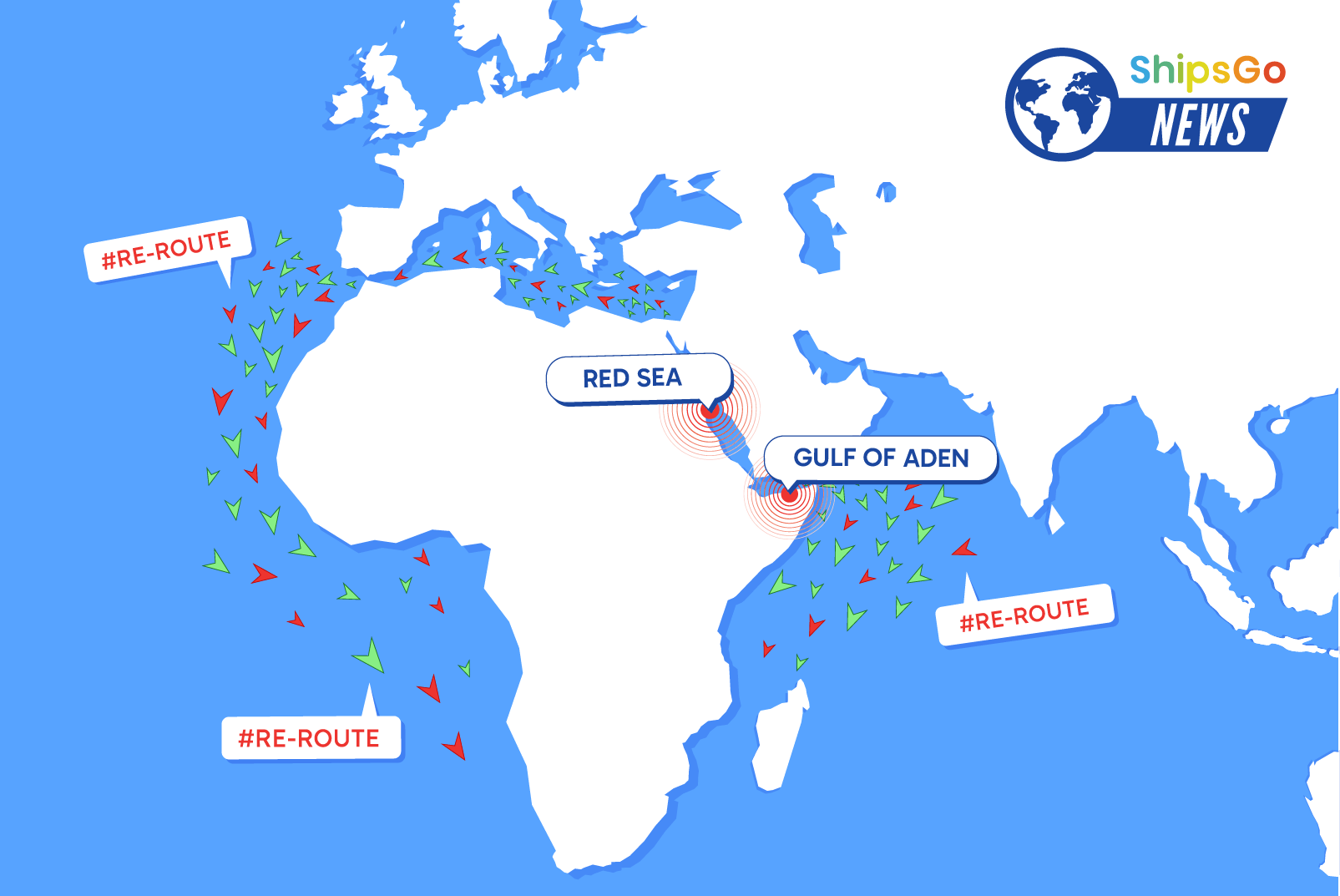
Navigating Consequences: War Impacts in the Red Sea
Historical Echoes and Present Realities:
The Red Sea, known for its historical significance as a trade route, is now grappling with the severe impacts of war. Understanding the present-day consequences necessitates a look back at historical echoes that shaped the region and acknowledging the complex realities that have emerged due to ongoing conflicts in the Red Sea.
Humanitarian Crisis and Civilian Suffering:
War has brought about a humanitarian crisis in the Red Sea region, with civilians bearing the brunt of the consequences. Displacement, disrupted access to basic necessities, and the loss of lives create a dire situation. The impacts on civilian populations highlight the urgent need for international attention and efforts to address the human suffering caused by conflicts.
To delve deeper into the multifaceted consequences, explore the link for insights into “War Impacts Red Sea” and the ongoing humanitarian challenges in the region.
Environmental Degradation and Ecological Vulnerabilities:
The consequences of war extend beyond human suffering to encompass environmental degradation and ecological vulnerabilities. Naval activities, resource exploitation, and the potential for oil spills contribute to the deterioration of the Red Sea’s delicate ecosystem. Mitigating the environmental consequences of war is crucial for the long-term health of the region.
Economic Setbacks and Trade Disruptions:
War impacts in the Red Sea have led to economic setbacks, disrupting trade and commerce. Strategic ports, crucial for global trade routes, face challenges as conflicts unfold. The economic consequences ripple beyond the immediate conflict zone, affecting nations dependent on the smooth flow of goods through the Red Sea. Efforts to rebuild economic stability are integral to post-conflict recovery.
Diplomatic Challenges and Regional Stability:
The consequences of war in the Red Sea pose significant diplomatic challenges, impacting regional stability. The intricacies of geopolitical alliances and conflicts require delicate diplomatic maneuvers to navigate. International efforts aimed at diplomatic resolution become imperative to address root causes, reduce tensions, and foster stability in the war-affected region.
Strategic Realignment and Power Shifts:
War in the Red Sea prompts strategic realignments and power shifts among nations involved. The consequences include the reevaluation of geopolitical alliances, adjustments in military strategies, and the emergence of new power dynamics. Understanding these shifts is essential for predicting the geopolitical landscape that will shape the post-war era in the Red Sea.
Social Fabric Fractures and Cultural Losses:
Beyond the visible impacts, war fractures the social fabric and leads to cultural losses in the Red Sea region. Displacement, destruction of cultural heritage, and the disruption of communities have lasting consequences. Efforts to rebuild not only physical infrastructure but also the social and cultural fabric become integral to the recovery process.
Security Challenges and Escalation Risks:
The consequences of war in the Red Sea introduce heightened security challenges and the risk of further escalation. As conflicts unfold, security concerns intensify, necessitating vigilant efforts to prevent the exacerbation of tensions. Addressing security challenges is paramount to mitigating the broader consequences that could arise from an escalation of hostilities.
International Response and Peacebuilding Efforts:
An essential aspect of addressing the consequences of war in the Red Sea involves an international response and concerted peacebuilding efforts. The global community plays a pivotal role in providing humanitarian aid, supporting diplomatic initiatives, and facilitating post-conflict reconstruction. Collaborative efforts are crucial for mitigating the enduring impacts of war.
Reconstruction Initiatives and Future Resilience:
Rebuilding from the consequences of war requires comprehensive reconstruction initiatives aimed at restoring stability and fostering future resilience in the Red Sea region. Beyond physical infrastructure, attention must be given to social, economic, and environmental aspects. Reconstruction efforts contribute to the region’s ability to recover and build resilience against future challenges.
In navigating the multifaceted consequences of war in the Red Sea, explore the provided link for comprehensive insights into “War Impacts Red Sea” and the ongoing efforts to address the diverse challenges faced by the region.
